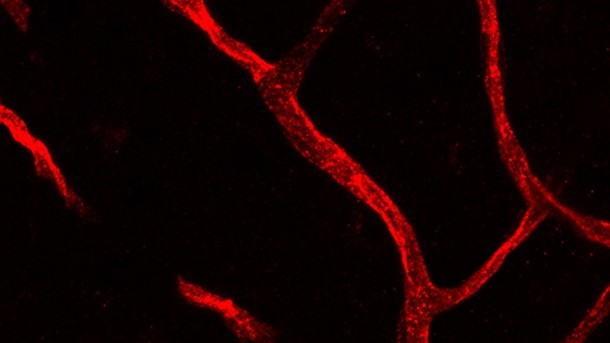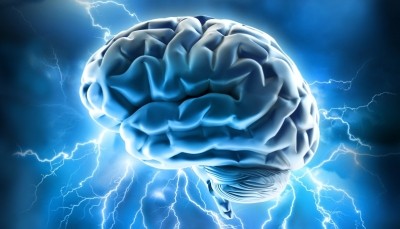Singapore
Scientists make brain breakthrough with long-term omega-3 potential

The research, by the team from National University of Singapore, into the Mfsd2a protein is believed to have widespread implications for how DHA functions in human nutrition.
DHA is an essential dietary nutrient sourced from seafood and marine oils, and infant nutrition companies in particular are attuned to its benefits with almost every brand of baby formula containing the substance.
It is most abundantly found in the brain, where it is thought to be crucial for its function, even though the brain does not produce DHA. Instead, the nutrient’s uptake there takes place in two ways: a developing brain receives its DHA during foetal development from the mother; while the adult brain gets it through food or DHA produced by the liver.
Targeting absorption
The mechanics of how the brain absorbs the fatty acid have remained elusive. Explaining the importance of unlocking this mystery, Associate Professor David L Silver, senior author of the research, said: “If we could show the link by determining how DHA gets into the brain, then we could use this information to more effectively target its absorption and formulate an improved nutritional agent.”
In their study, the researchers found that mice without the Mfsd2a transporter had brains a third smaller than those with the transporter, and exhibited memory and learning deficits and high levels of anxiety.
The team recognised that the learning, memory and behavioural function of these mice were reminiscent of omega-3 fatty acid deficiency in mice starved of DHA in their diet.
Mice realisation
Then, through a biochemical approach, the team discovered that mice without Mfsd2a were deficient in DHA, and then made the surprising discovery that Mfds2a transports DHA in the chemical form of lysophosphatidlycholine (LPC).
LPCs are phospholipids mainly produced by the liver that circulate in human blood at high levels. This is an especially significant finding as LPCs have been considered toxic to cells and their role in the body remains poorly understood.
Based on this new information, Silver’s team showed that Mfsd2a is the major pathway for the uptake of DHA carried in the chemical form of LPCs by the growing foetal brain and the adult brain.
The findings, published online in Nature last week, mark the first time a genetic model for brain DHA deficiency and its functions in the brain has been made available.
“Our findings can help guide the development of technologies to more effectively incorporate DHA into food and exploit this pathway to maximise the potential for improved nutritionals to improve brain growth and function,” said Silver.
“This is especially important for pre-term babies who would not have received sufficient DHA during foetal development.”


















